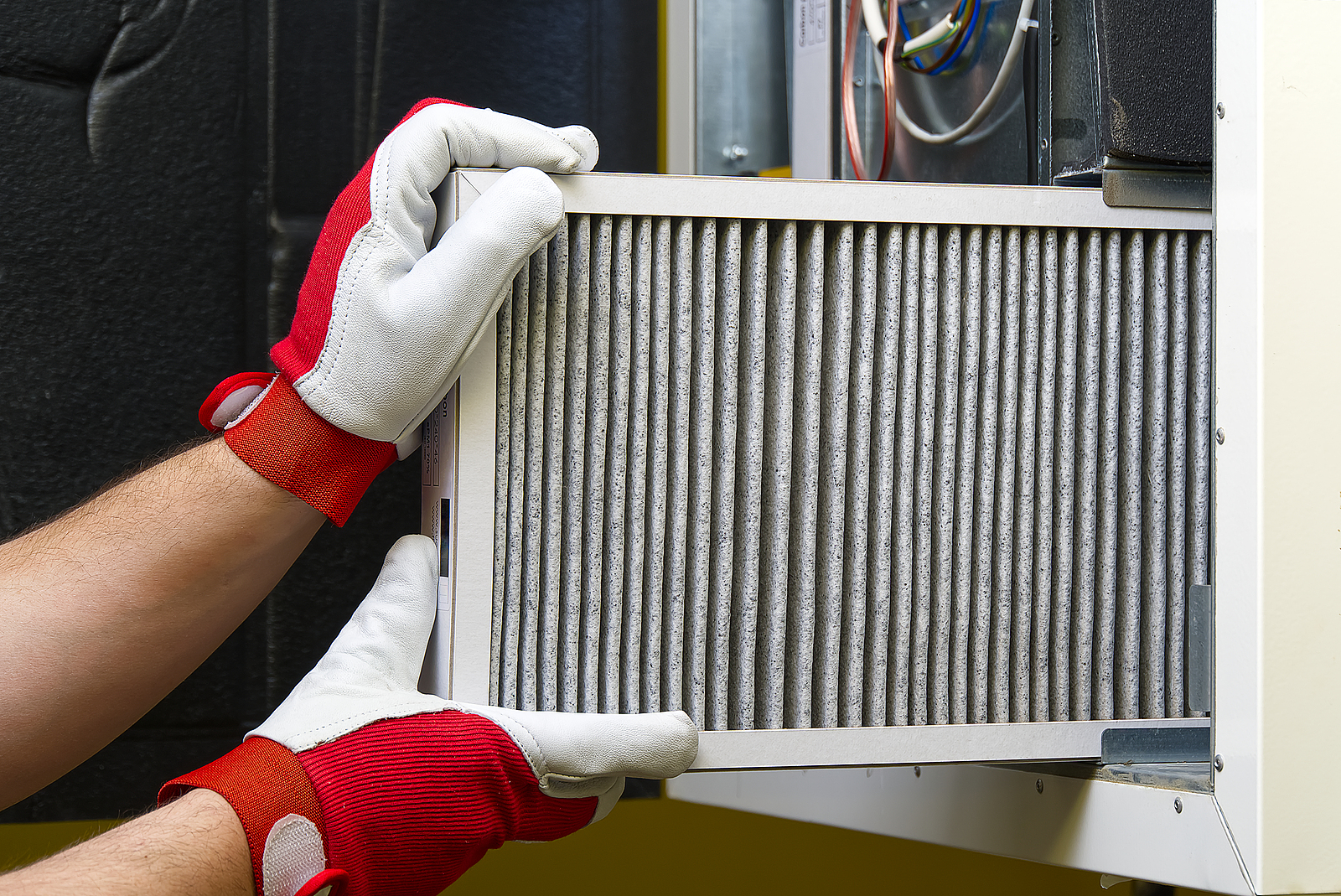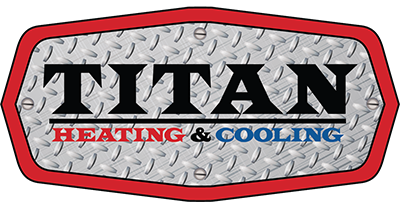
What Are the Different Types of HVAC Filters?
The filter in your heating and cooling system plays an important role in maintaining good indoor air quality in your home.
It works to filter dust, pollen, and other small particles out of the air, creating cleaner, healthier air for you and your family to breathe. It also helps protect your HVAC system by keeping it free of larger particles that could damage it. This is why it is so important to make sure you are using the right type of air filter for your system, budget, and air quality needs, and that you make filter replacement part of your routine HVAC maintenance.
There are 7 commonly used types of HVAC filters available for residential heating and cooling systems, but before we get to that, let’s talk a little bit about how those filters are rated.
Rating the Different HVAC Filter Options: MERV Rating
MERV stands for minimum efficiency reporting value. The MERV rating is a consumer standard developed by the American Society of Heating, Refrigerating, and Air Conditioning Engineers (ASHRAE).
MERV measures a filter’s ability to capture particles as small as 0.3 microns to 10 microns. Ratings range from 1 to 20, with the ideal range for most homes between 8 and 13.
The higher the MERV rating, the more effective a filter is. However, be aware that MERV ratings at the higher end of the spectrum can make it more difficult for your HVAC system to pull in air, forcing it to work harder (and potentially shortening its lifespan).
Fiberglass Air Filters
Fiberglass filters are made with strands of fiberglass spun together. They are the most commonly used and least expensive option on the market.
They are highly effective at keeping large particles of dirt and debris out of your heating system. However, they are less effective at filtering dust and other small particles out of your air. Because of this, these filters aren’t a good option for those with allergies or respiratory problems.
Fiberglass filters typically have a MERV rating of 4.
Pleated Air Filters
Pleated air filters are made of either polyester or cotton fabric that is folded to create pleats. They are slightly more expensive than fiberglass filters, but are more effective at filtering smaller particles like dust, pollen, mold spores, and pet dander.
The increased surface area created by the fabric pleats allow for better filtration: The more pleats a filter has, the better it filters particles out of your home’s air. This type of filter can also help reduce the noise your HVAC fan makes. Pleated filters are available in either disposable or reusable options, and can be recycled as well.
MERV ratings of pleated filters can range from 5 to 13.
HEPA Filters
High-efficiency particulate air filters, or HEPA filters, are the best option for people with allergies and respiratory issues. This type of filter does an excellent job of cleaning your home’s air. In fact, they are effective at screening out up to 99.97% of contaminants, including dust, pollen, mold, pet dander, viruses, bacteria, cigarette smoke, and other irritants.
While HEPA filters are a heftier investment up front, they are longer lasting than other air filters, making them more cost effective in the long run.
HEPA filters are usually rated 11 or higher on the MERV scale.
Washable Air Filters
Washable air filters can be cleaned and reused as needed, rather than thrown out and replaced. They cost more initially, but save you money over the long term because you don’t have to replace them.
If you use washable filters, it is crucial to maintain them properly. For instance, be sure to let them dry completely before putting them back into your HVAC system, as even a small amount of moisture left in the filter can cause mold and mildew to grow, and those spores can end up in your air.
These filters typically have a lower MERV rating, so are a good option for those who don’t have a need for specialty filters.
Electrostatic Air Filters
These filters use a mixture of fibers to create an electrostatic charge that acts as a magnet to trap dust and airborne particles and prevent them from spreading throughout your home.
Electrostatic filters are a great option for people who struggle with allergies, as they can remove most pollutants from the air. They are affordably priced and come in disposable and reusable options.
UV Filters
As air passes through a UV filter, shortwave ultraviolet light kills bacteria, viruses, mold, and other microorganisms in the air. This is ideal for people who have respiratory issues.
However, this type of filter is not effective at screening larger particles out of your air, such as dust. That’s why they are best used in conjunction with another air filter within a larger filtration system. UV filters are typically used in air cleaners that can be built into your HVAC unit.
Media Air Filters
Media air filters offer the same high-quality filtration of a high-MERV filter without static pressure or airflow issues.
A media filter is designed to help improve indoor air quality, and is made of a deeply pleated, paper-like material that traps small particles like dust, dander, pollen, and mold. Those pleats create a large surface area, improving filtration.
Media filters are lower maintenance and longer lasting than many other air filters, only needing to be changed once or twice a year.
Not Sure Which HVAC Filter Is Best For You?
Contact the pros at Titan to learn more about the different filter types and for help determining which filter is the best fit for your heating system, budget, and needs.


